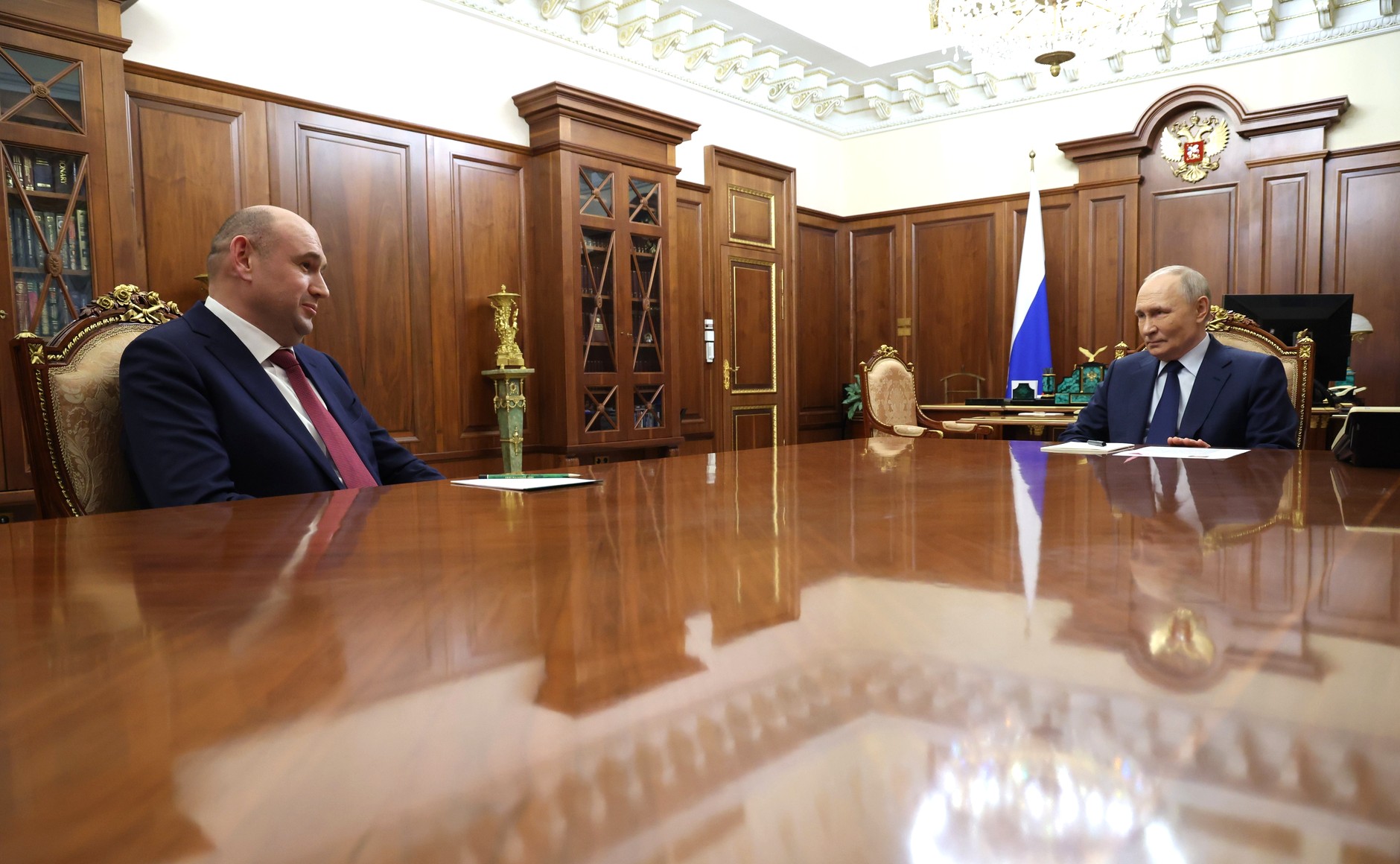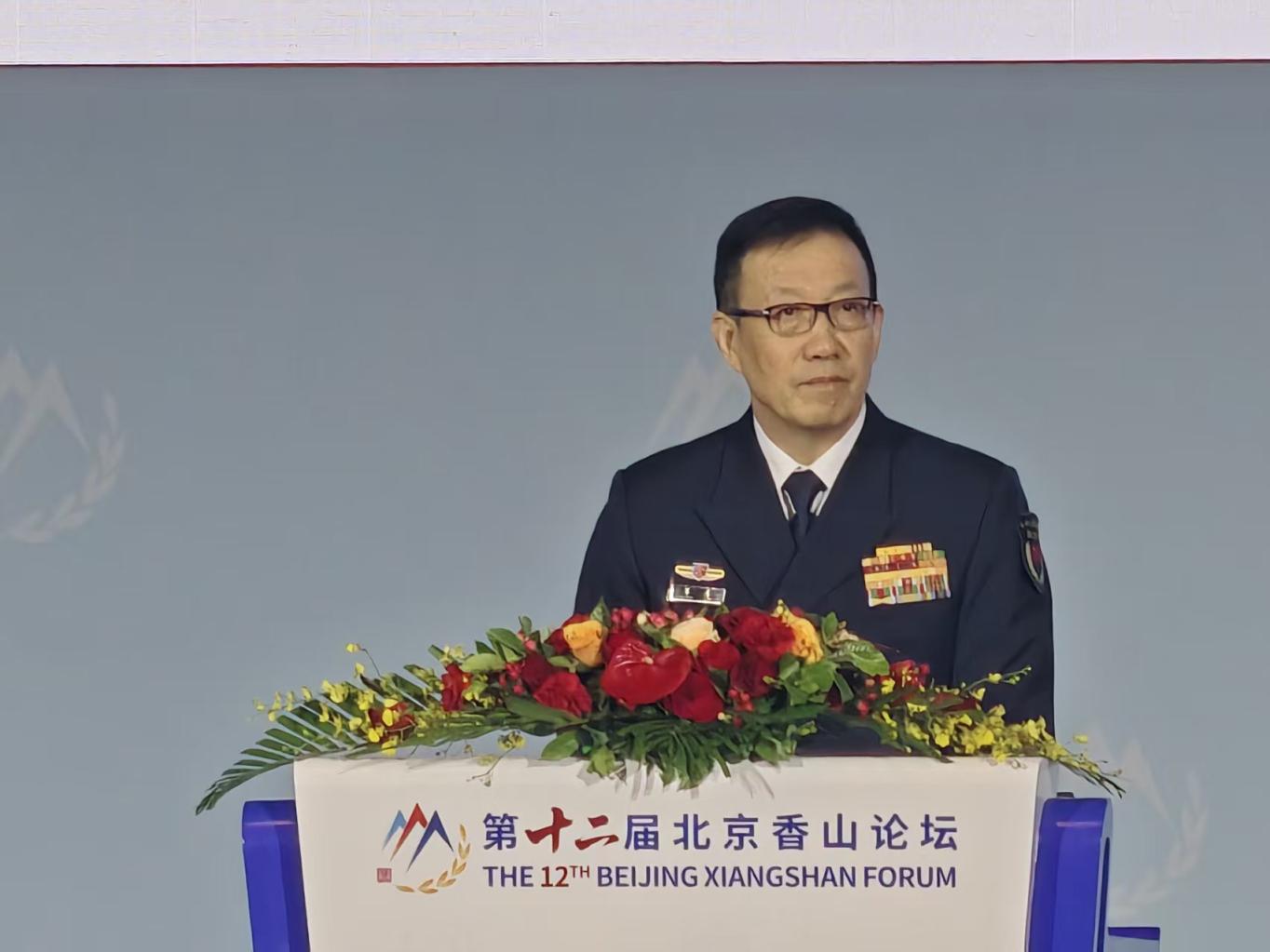EU Supports “Authoritarian” President Tymoshenko?
EU Supports “Authoritarian” President Tymoshenko?
by Tammy Lynch
In advance of Friday’s annual EU-Ukraine summit, the EU Observer carried an interesting quote: A “senior diplomat from one former Communist EU country” suggested that a victory by Prime Minister Yulia Tymoshenko in the upcoming 17 January presidential election seemed likely. And despite accusations in the article that she is “cultivating an authoritarian style,” this victory would be welcome. “Under Tymoshenko, Ukraine will be more Kuchma-like,” he said. “But she is a rational person. Ukraine will be more stable and more predictable if she is in charge.”
The comment is not dissimilar to those made by many Europeans about Russia President Vladimir Putin. Authoritarian leaders are, after all, easier to work with – if they’re on your side, that is, and if you don’t worry about that pesky thing called freedom.
Of course, the comment presumes Tymoshenko harbors authoritarian tendencies. This is debatable but understandable given her governing style. Regardless, both the comment and tone of the article suggest that Europe has decided that Tymoshenko will win the election.
A mid-November poll would suggest this is far from a foregone conclusion.
The poll by the Research & Branding Group gave opposition leader Viktor Yanukovych a large lead over Tymoshenko – 32.4% to 16.3%, respectively. This is a two percent shift toward Yanukovych since the organization’s October poll, which found 30.2% support for Yanukovych and 18.5% for Tymoshenko. The reputation of polling firms in general in Ukraine is not good. However, numerous additional surveys and polls have shown Yanukovych with a comfortable lead.
This is not to suggest that the lead in insurmountable. Tymoshenko is known as the country’s best campaigner, and Yanukovych’s support outside his home base in eastern Ukraine is weak. As Ivan Lozowy wrote in his Ukraine Insider, “Ukrainian voters have few illusions about Yanukovych – who, according to credible information, deals in hundreds of millions of dollars in slush funds – as someone who cares about ordinary voters.” Lozowy also suggests that Tymoshenko has “used government largesse to buy votes,” and notes that the Prime Minister’s opponents are “in a quandary about what to do about her.”
It should be noted that the Prime Minister’s political and campaign skills routinely cause this type of reaction in her opponents – she often enters elections well behind (whether in opposition or in power) and somehow manages to either win or significantly exceed expectations.
Ironically, using the authoritarian yardstick, Europe should be even more welcoming to Yanukovych. The former prime minister has been accused of being complicit in clamp-downs on journalists and human rights activists and he allegedly either took part in or was aware of the rigging of Ukraine’s 2004 presidential election in his favor. Yanukovych, however, appears less predictable than the current PM.
This may be why Yanukovych’s 2004 benefactor, Russia, appears to have decided to turn away from him and also back Tymoshenko. Following recent negotiations over the Russia-Ukraine gas agreement, Putin called his counterpart “a tough negotiator.” But, he said, “We’ve always been able to agree, despite all difficulties, and we have managed to keep all of our commitments.” In other words, their relations are predictable.
The electorate actually is far from predictable, however. Despite Tymoshenko’s past come-from-behind success, nothing is assured. Both the EU and Russia might end up dealing with an unexpected result.


